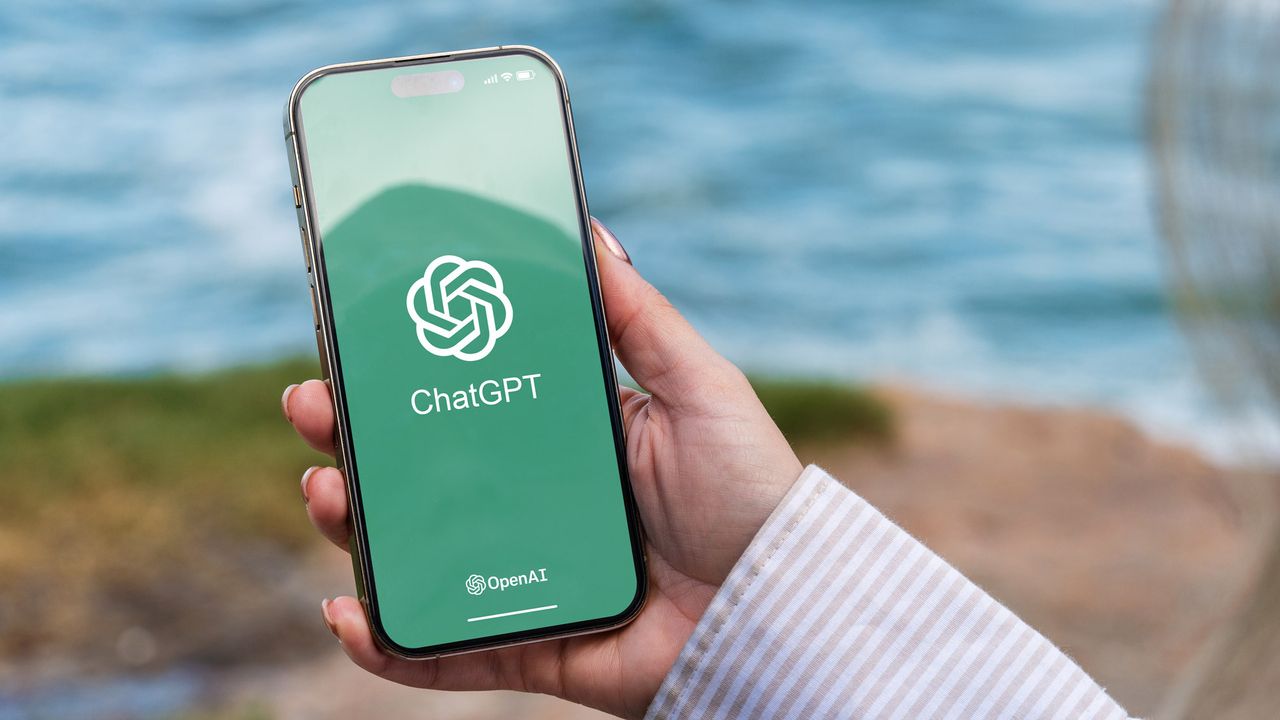
ChatGPT is already one of the most powerful tools on the internet, but as a power user, I know that it's how you ask the chatbot your questions that make all the difference.
I've come up with many simple tricks and hacks, but this one in particular makes the chatbot's responses feel dramatically more thoughtful, relevant and even expert-level. Unlike some elaborate prompts, this prompt is extremely simple.
It’s just a short phrase you add to the end of your prompt and what I call the “3-word rule.”
Three little words make a big difference

So, what are these three words? When you query ChatGPT about nearly anything, simply add “like a [role]” at the end.
That’s it. Three words and ChatGPT suddenly responds in a tone, format or level of depth that better matches what you actually need.
You're essentially telling the AI: “Take this seriously — and answer it like someone who really knows what they’re doing.”
Let’s say you want a summary of a dense news article. You could ask: “Summarize this article.” But if you say: Summarize this article like a journalist,” you’re more likely to get a concise, well-structured summary with a clear lead and takeaways.
Need help making a decision? Try: “Compare the iPhone 15 and Galaxy S24 like a product reviewer.”
Want career advice that doesn’t feel generic? “Give me feedback on my resume like a hiring manager.”
Suddenly, ChatGPT adjusts its tone and depth — giving you answers that feel sharper, more practical, and less like a polite robot.
More 3-word roles to try:
- Like a teacher: For breaking down difficult topics in plain language
- Like a therapist: For processing emotions or navigating tough conversations
- Like a chef: For personalized recipes or kitchen tips
- Like a marketer: For writing taglines, ad copy, or product descriptions
- Like a coach: For setting goals or building habits
- Like a critic: For evaluating writing, business ideas, or creative work
- Like a designer: For UX tips, design principles, or layout feedback
- Like a parent: For advice delivered with empathy and practicality
The beauty of this rule is that it's endlessly customizable; you can plug in almost any profession or perspective, and ChatGPT will try to match that tone and mindset.
Why the 3-word rule works

ChatGPT is trained on a vast range of internet text including books, articles and conversations from experts in nearly every domain.
When you give it a role to play, it draws on those patterns to deliver responses that mimic how an expert would think, speak or write.
You don’t need complex prompt formulas. Just describe who you want it to be, and it adjusts accordingly.
Bottom line
If ChatGPT ever feels too generic or surface-level, try applying the 3-word rule. It's a fast, easy way to unlock better answers whether you're brainstorming, learning something new or just trying to think through a problem more clearly.
It works beyond, ChatGPT, too. Try it with Gemini, Claude and even voice-based AIs.
So next time you open a chatbot, try it. Let me know in the comments what you think.
Follow Tom's Guide on Google News to get our up-to-date news, how-tos, and reviews in your feeds. Make sure to click the Follow button.







